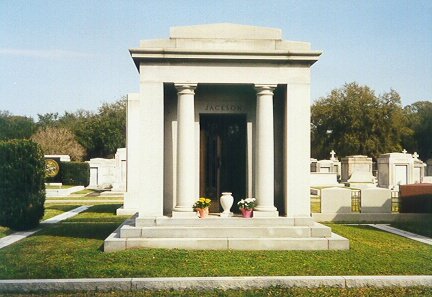 |
Can I live without one?
Answer:
 |
This is a question that is often asked early in the consideration process by a patient not yet comfortable with the idea that they have a disease for which a transplant is absolutely necessary. It may be more appropriately asked by a patient that does not qualify for a transplant due to age or other physical limitations.
If you are in the first group, and are eligible for a transplant but wondering if you can live without it, then you have most likely not yet accepted the reality of needing one or appreciate the great opportunity you have in being eligible for one. This is usually known as denial.
The answer is, you can live for a time, but it will be a rough road. And it is likely that you will eventually find yourself longing for the hope you had but rejected, for fear of a statistical risk that pales in comparison to the statistical certainty of your illness. On the other hand, you may well accept your illness and the transient nature that is life itself and embrace the destiny that awaits you, as it does for us all.
But beware that you do not set yourself adrift and lose the ability either to be saved or come to appreciate the partnership that exists between life and death. Be careful not to luxuriate too long in a world of possibilities that many would give an entire limb to have. It is not unlike the young couple that dumps their newborn in a dumpster while a childless couple watches the story on TV after trying unsuccessfully to have one of their own. They cannot understand the callous actions of the privileged.
If, however, you are in the second group, and cannot be transplanted, then your task is potentially more difficult, but often not, for it is sometimes far easier to order from a short menu than from one with too many choices. In your struggle to understand and accept your destiny, you might find a sweet comfort and deep understanding of the life you have lived, and that final chapter will now be revealed that others do not yet know.
We have all known people that now exist in our hearts, that lived and died with great dignity, shaming us with their strength and concern for others as they fell victim to a debilitating and ultimately fatal illness. This is the model we must try to emulate. How does this generous state of mind come to exist? If we look and try to understand, the disease progresses and a path presents itself. There is no shame in fear, but as we look and try to see, fear will come but fall from our eyes as the rightness of death and the world beyond it becomes clear. This is the knowledge we see in the eyes of those that understand their place in time.
I am not saying that we should just give up and try to find God prematurely. In fact, eternity is forever, so any effort we make to forestall it is, in my mind, fully justified. (I often say it is probably the most pissed off that survive.) However, while God is in the details, the details are up to us. One cannot simply pick the nearest doctor and then leave the outcome completely in God's hands. As my Mother says, God's pretty busy in other parts of the world, so we better take care of ourselves in this one if we can. For now, this is our time and our job to do--to stay alive and make life a little better for those we love and those that love us.